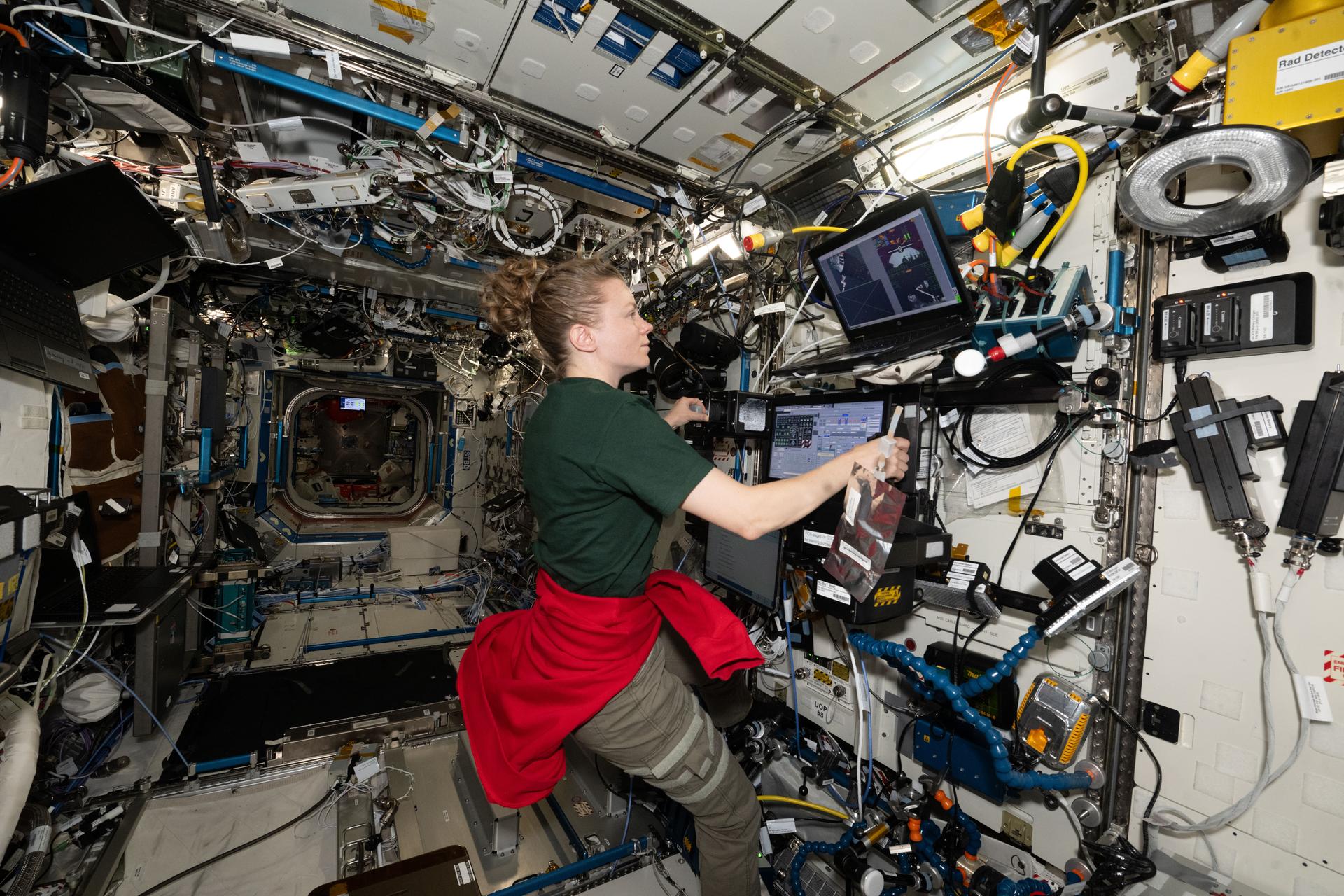International Space Station Crew Conducts Ultrasound Research in Microgravity
Astronauts aboard the International Space Station have conducted ultrasound research in microgravity, advancing medical imaging techniques for space and Earth applications, according to NASA reports.

Ultrasound Research Conducted on ISS
Astronauts on the International Space Station (ISS) have recently carried out ultrasound research in the station's unique microgravity environment. NASA's Jonny Kim, a U.S. astronaut, played a key role in sequencing DNA samples and participating in medical experiments, as reported by Space.com. The research is part of ongoing efforts by NASA to develop advanced diagnostic tools that can be used both in space and on Earth, where access to traditional medical imaging may be limited.
The experiments were designed to study how microgravity affects the performance and interpretation of ultrasound scans. According to NASA's official All Experiments Report, Anatoli Likhoded, Ph.D., from Russia's Central Research Institute, contributed to identifying sources of disturbances during microgravity disruptions, which can affect the accuracy of medical imaging on the ISS. These findings are critical for ensuring astronaut health during long-duration missions.
Implications for Medical Science
The ultrasound research on the ISS is closely linked to broader biomedical investigations, including stem cell studies led by Mayo Clinic researchers. The Vattikuti Foundation reported that microgravity conditions have enabled significant advances in growing tissue from stem cells, which may benefit regenerative medicine on Earth. The ability to perform reliable ultrasound diagnostics in space supports these and other medical experiments by providing real-time imaging of biological processes.
NASA's ongoing commitment to medical research in space is reflected in its selection of new astronaut candidates, or 'ascans,' who are trained in advanced scientific and medical procedures. The presence of international crew members, including experts from the United States and Russia, highlights the collaborative nature of space research. These efforts are expected to yield new insights into human health and disease, benefiting both astronauts and patients on Earth.